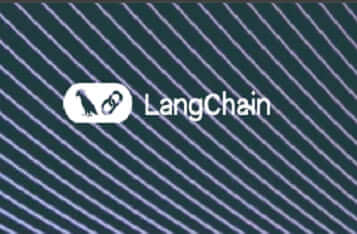Congressional Memo Challenges SEC's SAB 121
A memorandum submitted by several U.S. Congress members, including chairs from key financial committees, has called into question the enforceability of the Securities and Exchange Commission (SEC) Staff Accounting Bulletin 121 (SAB 121). This development follows a decision by the Government Accountability Office (GAO) characterizing SAB 121 as a rule under the Congressional Review Act.
Introduced on April 11, 2022, without consultation with major financial regulatory bodies, SAB 121 requires custodians to report customer custodial digital assets on their balance sheets, evaluated at fair value. This directive deviates from standard accounting practices, potentially misrepresenting custodians' legal and economic responsibilities and escalating consumer risk.
The GAO, in October 2023, asserted that companies might alter their behaviors to align with the SEC's interpretations in the Bulletin, due to the SEC’s role in monitoring public disclosures and enforcing compliance. Notably, the SEC did not submit SAB 121 to Congress or the GAO, nor did it publish it in the Congressional Record, as mandated by the Congressional Review Act.
The Congressional memo highlights concerns that enforcing this noncompliant rule would create a precedent for regulatory evasion of the Administrative Procedure Act (APA), effectively granting the SEC undue regulatory control over unauthorised entities. The Congress members have requested financial authorities to clarify, through guidance or action, that SAB 121 is not enforceable following the GAO’s determination.
SAB 121's mandate for banks to record client cryptocurrency holdings on their balance sheets, with appropriate valuation and capitalization, has drawn criticism from industry representatives and U.S. politicians. They argue that it could deter regulated banks from acting as crypto custodians and treat crypto holdings differently from traditional assets.
The inquiry into SAB 121's status as a rule stemmed from Senator Cynthia Lummis's letter to the U.S. Comptroller General in August 2022. The Congressional Review Act necessitates that an agency rule be reported to both Congress and the comptroller general, with a provision for Congressional disapproval. In June 2022, five senators had already expressed opposition to what they termed "backdoor regulation" in a letter to SEC Chair Gary Gensler.
The memorandum signifies a significant moment in the oversight of digital asset regulation, emphasizing the need for clarity and adherence to established legislative procedures.
Image source: Shutterstock







